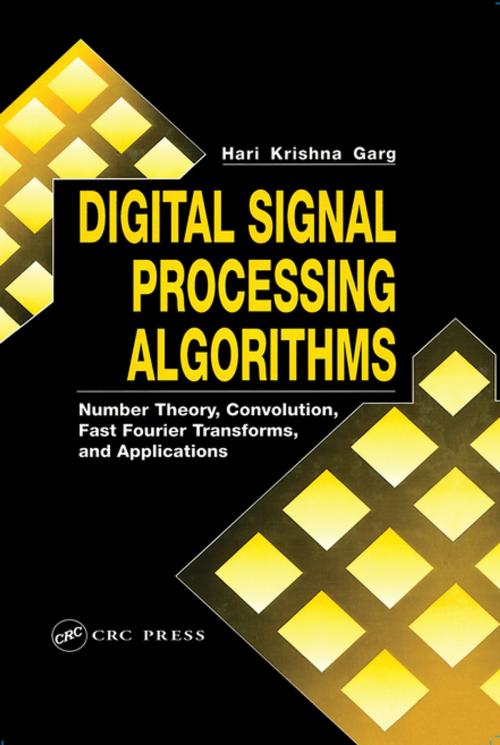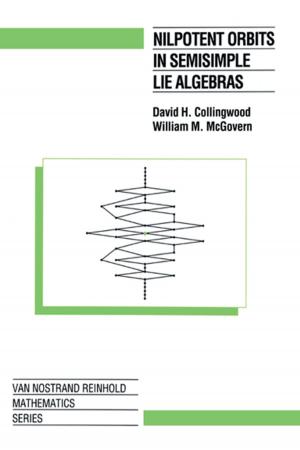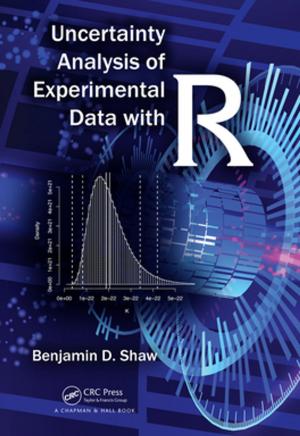Digital Signal Processing Algorithms
Number Theory, Convolution, Fast Fourier Transforms, and Applications
Nonfiction, Science & Nature, Technology, Electricity| Author: | Hari Krishna | ISBN: | 9781351454964 |
| Publisher: | CRC Press | Publication: | November 22, 2017 |
| Imprint: | Routledge | Language: | English |
| Author: | Hari Krishna |
| ISBN: | 9781351454964 |
| Publisher: | CRC Press |
| Publication: | November 22, 2017 |
| Imprint: | Routledge |
| Language: | English |
Digital Signal Processing Algorithms describes computational number theory and its applications to deriving fast algorithms for digital signal processing. It demonstrates the importance of computational number theory in the design of digital signal processing algorithms and clearly describes the nature and structure of the algorithms themselves. The book has two primary focuses: first, it establishes the properties of discrete-time sequence indices and their corresponding fast algorithms; and second, it investigates the properties of the discrete-time sequences and the corresponding fast algorithms for processing these sequences.
Digital Signal Processing Algorithms examines three of the most common computational tasks that occur in digital signal processing; namely, cyclic convolution, acyclic convolution, and discrete Fourier transformation. The application of number theory to deriving fast and efficient algorithms for these three and related computationally intensive tasks is clearly discussed and illustrated with examples.
Its comprehensive coverage of digital signal processing, computer arithmetic, and coding theory makes Digital Signal Processing Algorithms an excellent reference for practicing engineers. The authors' intent to demystify the abstract nature of number theory and the related algebra is evident throughout the text, providing clear and precise coverage of the quickly evolving field of digital signal processing.
Digital Signal Processing Algorithms describes computational number theory and its applications to deriving fast algorithms for digital signal processing. It demonstrates the importance of computational number theory in the design of digital signal processing algorithms and clearly describes the nature and structure of the algorithms themselves. The book has two primary focuses: first, it establishes the properties of discrete-time sequence indices and their corresponding fast algorithms; and second, it investigates the properties of the discrete-time sequences and the corresponding fast algorithms for processing these sequences.
Digital Signal Processing Algorithms examines three of the most common computational tasks that occur in digital signal processing; namely, cyclic convolution, acyclic convolution, and discrete Fourier transformation. The application of number theory to deriving fast and efficient algorithms for these three and related computationally intensive tasks is clearly discussed and illustrated with examples.
Its comprehensive coverage of digital signal processing, computer arithmetic, and coding theory makes Digital Signal Processing Algorithms an excellent reference for practicing engineers. The authors' intent to demystify the abstract nature of number theory and the related algebra is evident throughout the text, providing clear and precise coverage of the quickly evolving field of digital signal processing.















